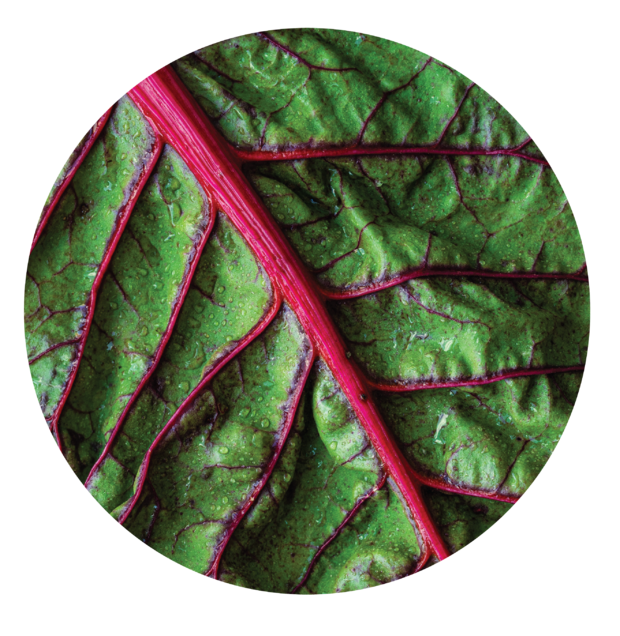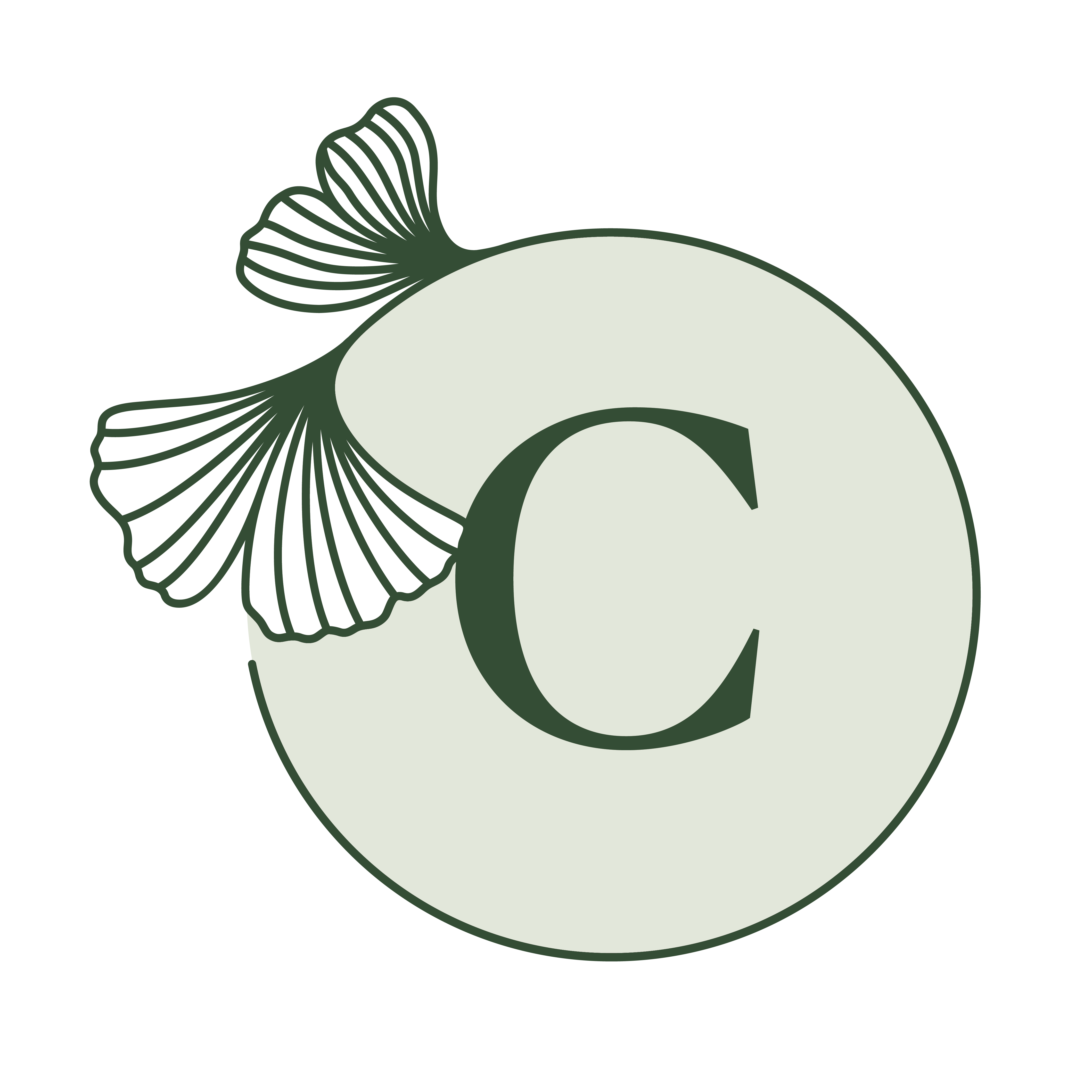Diagnosing and Treating Upper Respiratory Disorders
The 2nd in a series of four classes:
The Treatment Upper Respiratory Disorders with Chinese Herbology: Colds, Flu, Sinusitis and Cough.
This program is designed to clarify your diagnostic process and create comfort selecting and modifying formulas.
Emphasizing visual and inquiry-based diagnosis, this weekend program will cover the management of colds and flu, acute and chronic cough, allergic rhinitis, sinusitis and cough.
Shang Han and Wen Bing Theory will be reviewed as well as the pathogenesis of phlegm. By directing your inquiry, you can reach a clear diagnosis, select and modify the formula that matches your patient’s exact presentation. Case and formula discussions throughout. Case management and retained pathogens discussed.
Students will understand the nature, progression and resolution of exterior pathogens.
Students will gain knowledge of various presentations and treatment of phlegm in upper respiratory disorders.
Students will strengthen their verbal intake skills to refine their diagnosis.
Students will gain mastery of mixed excessive and deficient patterns concerning these diseases.
|
Review of Cold and Flu Patterns: Biomed diseases within the construct of gan mao: General terminology Key differentiating signs and symptoms: Tongue coating. Essential questions to clarify the disease location Key treatment principles and avoiding iatrogenesis. What does a fever mean? Shang Han, Wen Bing Dosing Considerations Observation of the cheeks and nostrils Key signs on the tongue |
|
|
Phlegm:
Basic patterns, treatment principles, formulas and modifiers of lung disorders. When a dry cough isn’t dry: dry phlegm, tan yin, lu qi def, liver invading, Formulas, herb friends, modifiers. |
|
|
Overview of sinus diseases and strategies: key patterns and questions, case presentations and discussion. Selecting Formulas and modification. Herbal best friends: key pairings and key modifiers. |
|
|
Overview of cough and bronchitis: Terminology, Etiology and Pathogenesis. Essential questions for clear diagnosis. Observation of face. Raised shoulder Breathing. Diagnosing coughs by sound, by phlegm, by expectoration Red flags: pneumonia, COVID, bronchitis, Patterns, formulas, Herbal best friends: key pairings and key modifiers. |
|
|
Case Presentation and discussion: break out groups write the formula |
|
|
Case discussion, Q and A |
|
|
Case management: Dosing considerations for URI’s, Follow up care for acute and chronic diseases. Treatment considerations and stumbling blocks: |
|
|
Must have formulas and dosing for flu-like symptoms |
|


